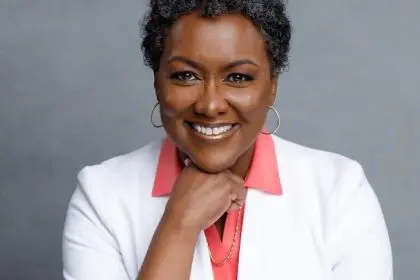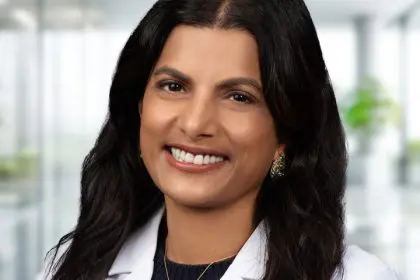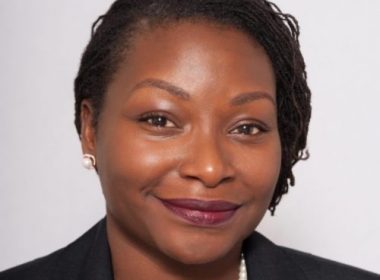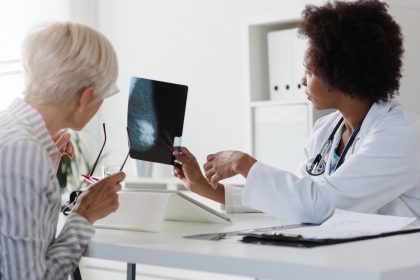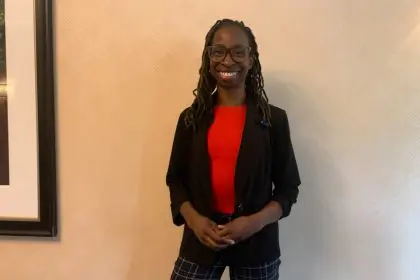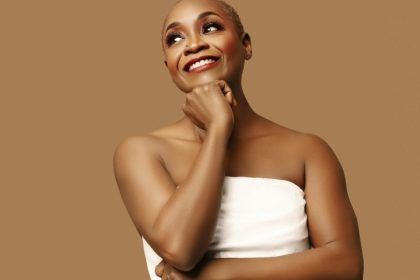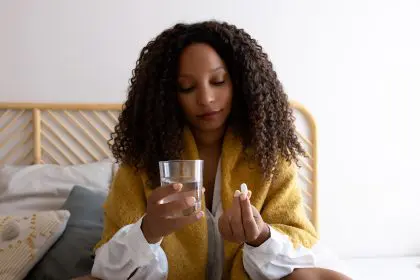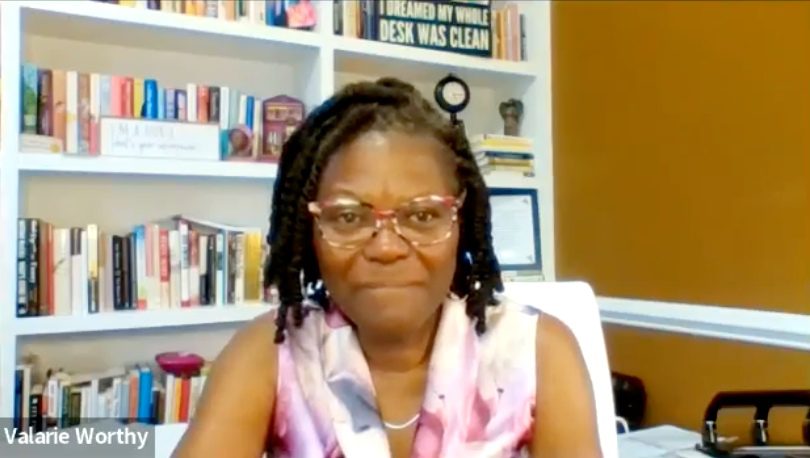
To kick off Breast Cancer Awareness Month, rolling out’s Porsha Monique sat down with Ricki Fairley and Valarie Worthy, the co-founders of TOUCH, The Black Breast Cancer Alliance, for another episode of our Health IQ series. These courageous fighters prefer to call October “Breast Cancer Action Month.” Here are excerpts from the discussion with the answers Valarie Worthy provided.
Please recount your journey, especially since it’s been 24 years since your breast cancer diagnosis.
I’m thrilled to be here, reflecting on this journey. Diagnosed at 40, it’s likely I had breast cancer in my body when I was 39. My nursing education didn’t shield me from the overwhelming fear. Even with my training, facing surgery, chemo, radiation, and a decade of hormone therapy was daunting. I realized the importance of community outreach, especially towards African American women. Back then, discussions about breast cancer were taboo, particularly in our community and churches.
Why do you champion breast self-exams, especially given your background in nursing?
There’s a breast cancer task force setting guidelines on mammograms and self-breast exams. Years ago, they didn’t recommend breast self-exams, which deeply troubled me. [I believe] regular self-exams encourage consistency in getting mammograms. At TOUCH, we advocate for it. Starting at 20, one should consult their GYN or general practitioner, learn the correct procedure for a clinical breast exam, and even demonstrate it to ensure they’re doing it right.
Why are clinical trials crucial in the fight against breast cancer?
When I ask people if they’ve taken medications like Excedrin or Advil, they usually affirm. All these underwent clinical trials. But here’s the catch: the average participant for these over-the-counter drug trials is typically a 50-year-old White man. This demographic heavily influences the prescribed dosages. So, when we’re advised a specific dose, it’s based on this demographic, which might not be ideal for others, especially since we’re underrepresented in these studies.
Given your experience as a nurse, how do you perceive the disparities in health care access for the Black community?
Access to care is a monumental issue. It’s paramount for African Americans, affecting not just cancer battles but also other chronic diseases. The community hospitals we rely on often don’t provide numerous clinical trials. And when we enter these institutions, the absence of representation is glaring. We must inspire our youth, make them realize that they can be medical professionals, so when someone from our community steps in, they see a familiar face and feel at ease.


